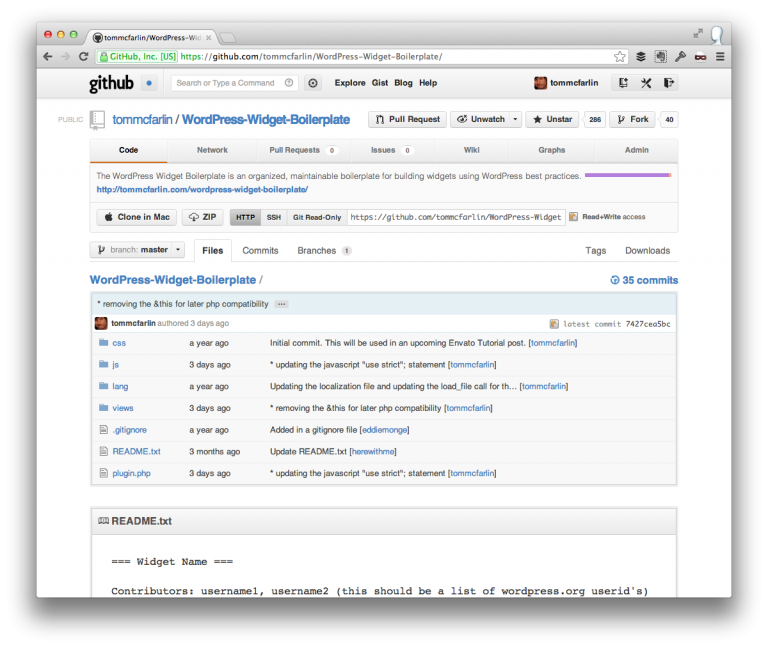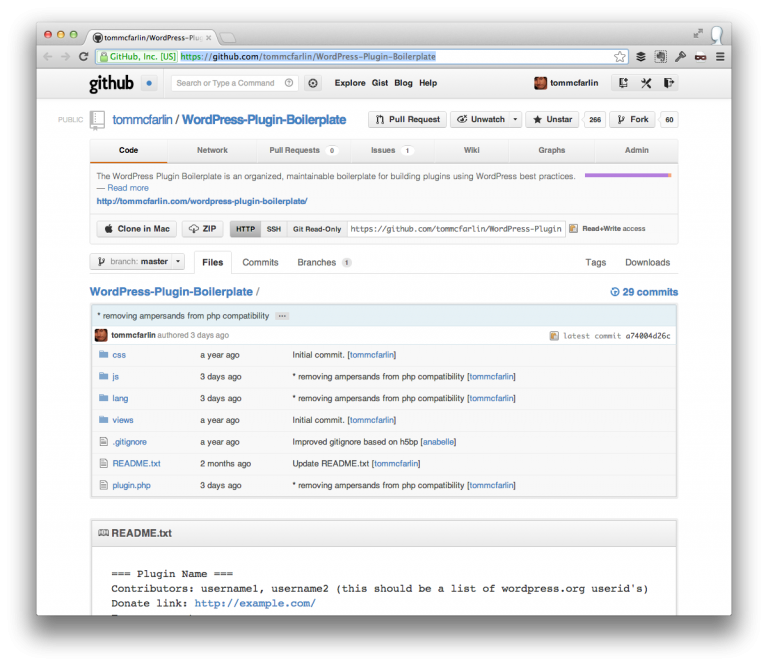For as long as I’ve been on the Internet (well, the Internet as my generation knows it ;), developers and designers have usually maintained some type of display of their work and it’s generally consisted of a listing of projects that they’ve completed with outbound links to said project.
I’ve toyed with the idea of going into detail as to how I’ve built certain projects – you can see this in posts such as how I built Category Sticky Post and Tag Sticky Post – but I’ve never gone all in as I’ve never sold on if it was of any interest to others.
But yesterday, Smashing Magazine ran a bit of a motivational post on Retiring The Portfolio Screenshot and focusing more on “case study” type posts.
This got me thinking about beginning to introduce a case study on WordPress projects.


